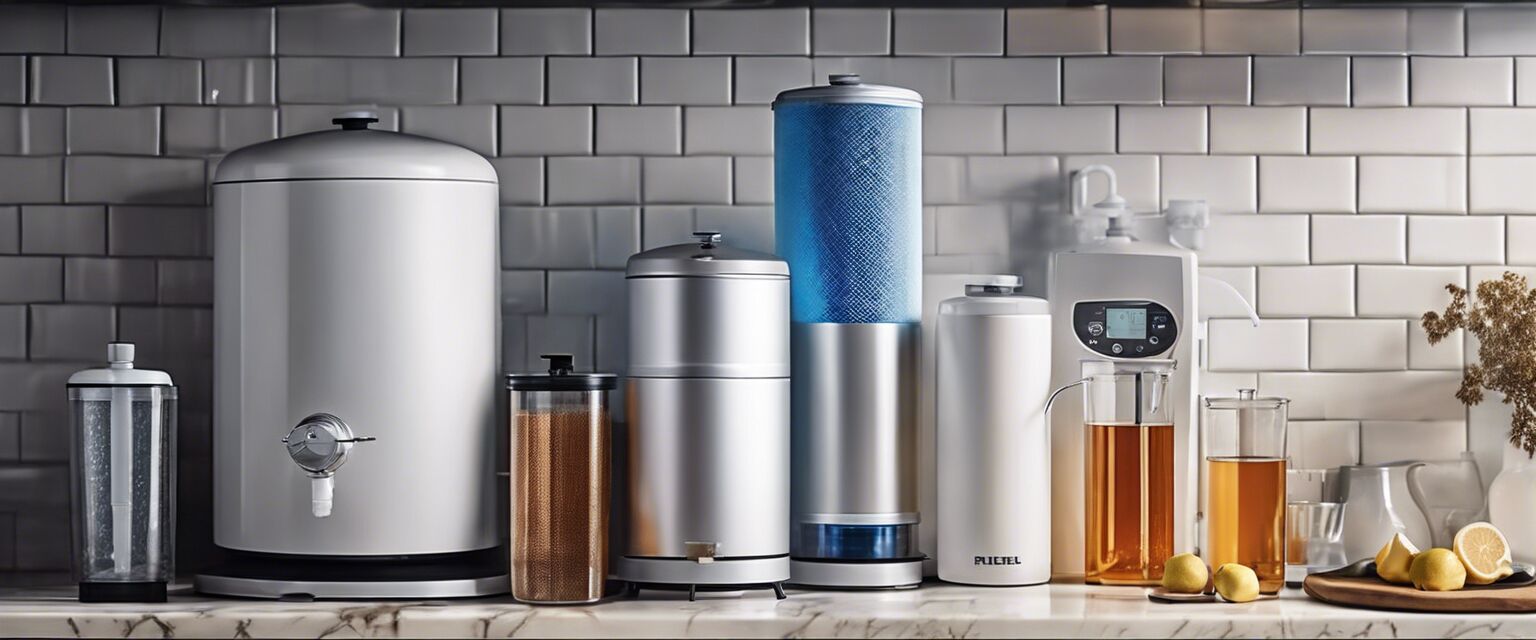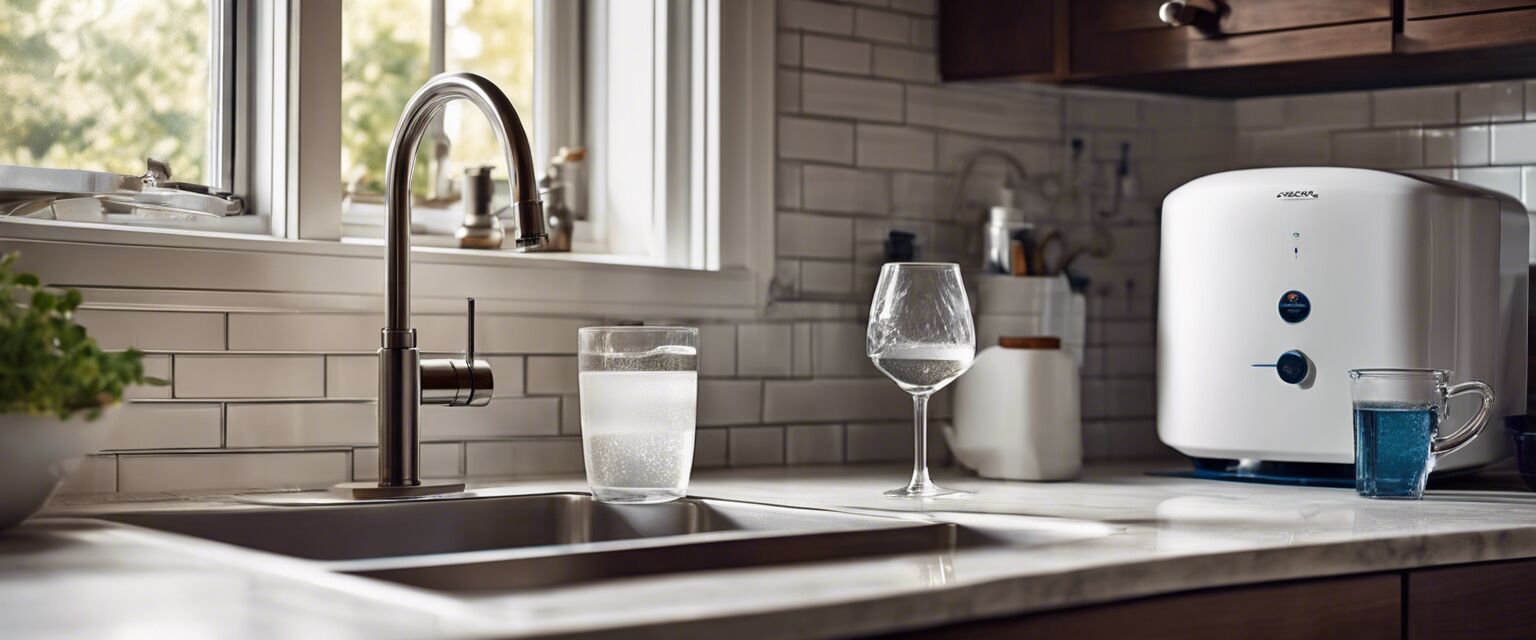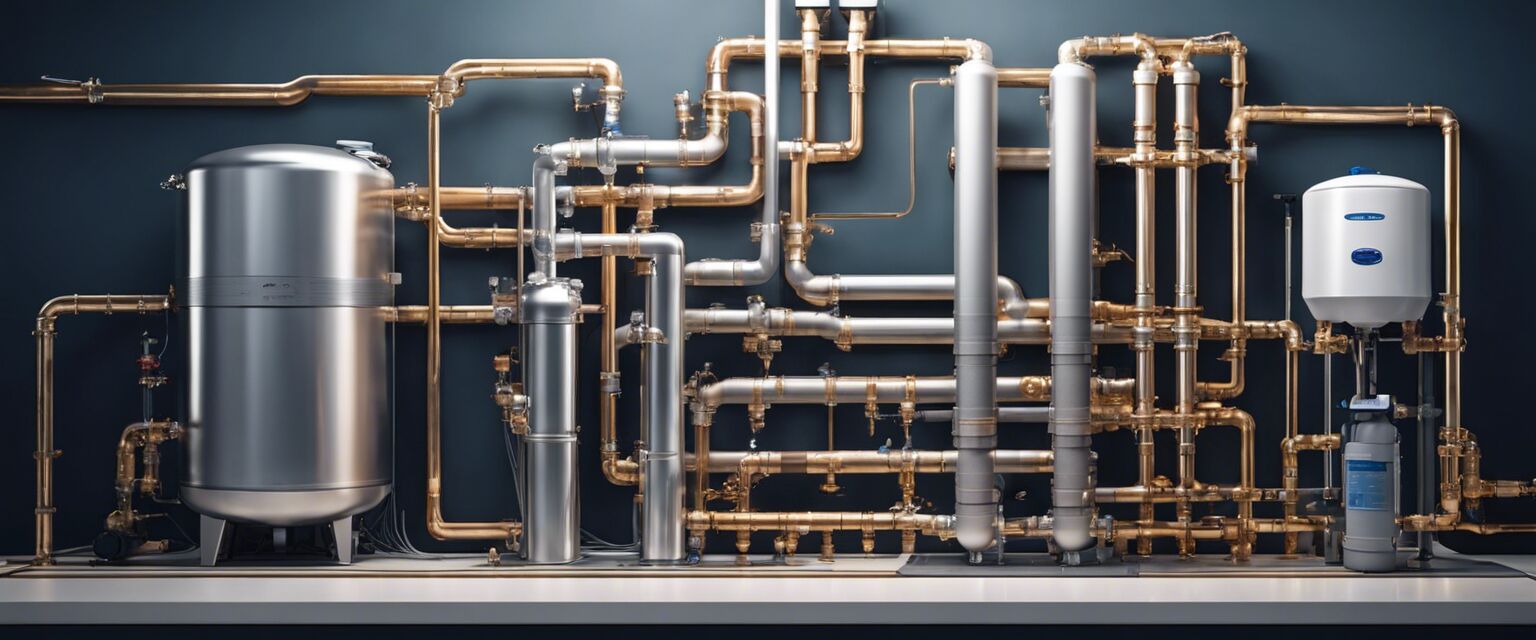
Types of Water Filters
Key Takeaways
- Water filters help remove impurities and contaminants.
- There are various types of water filters suitable for different needs.
- Understanding the specific needs of your water supply is crucial in choosing the right filter.
- Maintenance and timely replacement of filter cartridges are essential for effective filtration.
Welcome to your comprehensive guide on the various types of water filters available for both residential and commercial use. Water quality is a vital aspect of our daily lives, impacting our health, taste preferences, and even the longevity of appliances. In this article, we'll explore the different types of water filters, their benefits and limitations, and help you make an informed decision for your water filtration needs.
Types of Water Filters
1. Activated Carbon Filters
Activated carbon is one of the most common methods of water filtration. These filters work by adsorbing impurities and chemicals from water.
- Effective against chlorine, volatile organic compounds (VOCs), and sediment.
- Usually found in pitcher-style filters and faucet-mounted systems.

2. Reverse Osmosis Filters
Reverse osmosis (RO) filters are known for their ability to remove a wide range of contaminants.
- Can remove heavy metals, salts, and other impurities.
- Requires regular maintenance and can waste water during the filtration process.

3. UV Filters
Ultraviolet (UV) filters use UV light to kill bacteria and viruses in water.
- Does not remove physical contaminants or chemicals.
- Does not require chemicals to disinfect.
4. Whole House Water Filters
Whole house systems filter water at the point of entry, ensuring all water in your home is treated.
- Helps reduce sediment, chlorine, and certain chemicals across all faucets.
- Often uses a combination of filtration techniques for comprehensive purification.

Comparison of Different Water Filter Types
| Type | Effective Against | Installation | Maintenance |
|---|---|---|---|
| Activated Carbon | Chlorine, VOCs | Easy | Regular cartridge changes |
| Reverse Osmosis | Heavy metals, salts | Moderate | Regular maintenance required |
| UV Filter | Bacteria, viruses | Moderate | Replace UV lamp annually |
| Whole House Filter | Multiple contaminants | Advanced | Filter changes as needed |
Choosing the Right Water Filter for Your Needs
When selecting a water filter, consider the following factors:
- Water Quality: Test your water to identify specific contaminants.
- Filtration Needs: Determine what you want to filter out of your water.
- Installation Space: Ensure you have space where you intend to install the system.
- Budget: Consider long term costs including maintenance and filter replacements.
Common Questions About Water Filters
Here are some frequently asked questions regarding water filters:
- How often do I need to change my filter?
Filter replacement frequency can vary, but a general rule is every 6 months for activated carbon filters and every 1-2 years for whole house filters. - Can I install a water filter myself?
Many filters are designed for easy DIY installation, but whole house systems may require professional help.
Pros
- Improved taste and odor of water.
- Reduced levels of harmful contaminants.
- Increased longevity of household appliances.
Cons
- Costs can vary significantly.
- Maintenance required for most systems.
- Some filters may waste water during the process.
Conclusion
Choosing the right water filter is crucial for ensuring clean, safe drinking water in your home or business. With various types of water filters available, understanding each system's capabilities and limitations is key. Explore our portable water filters or whole house water filters for your needs. Don't hesitate to consult with a water quality professional if you're unsure of the best choice for your situation.
Beginner Tips
- Start by testing your water to know what contaminants are present.
- Research and read reviews on different water filter options.
- Ensure ease of maintenance when choosing a filter.
